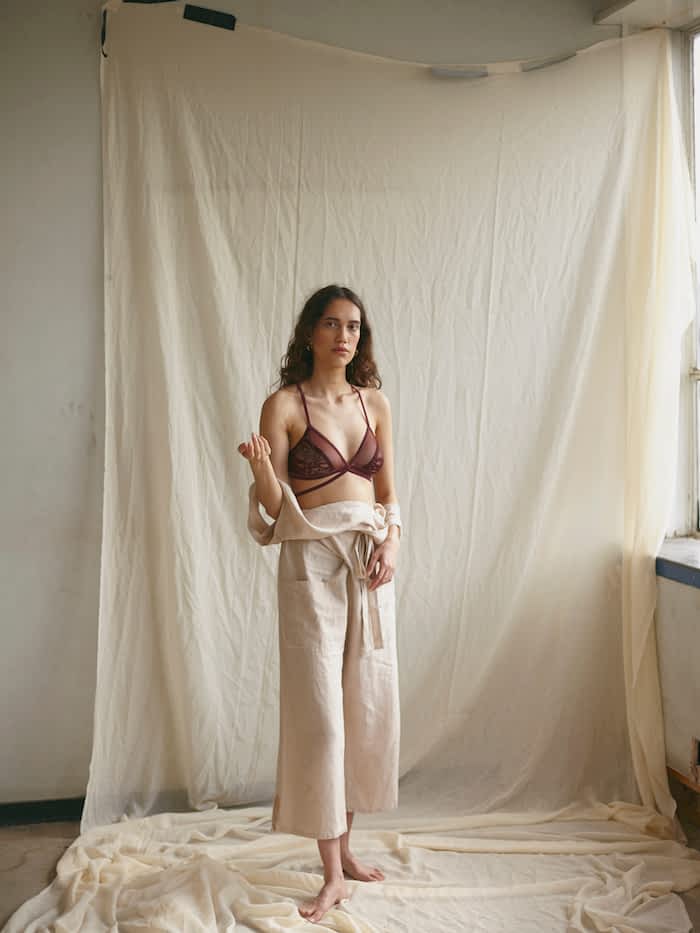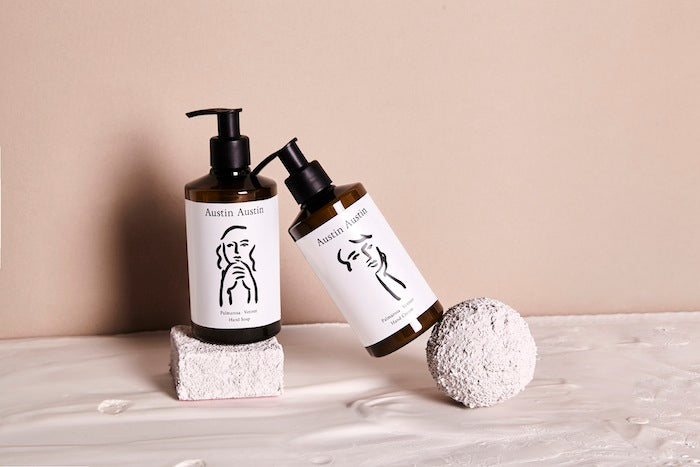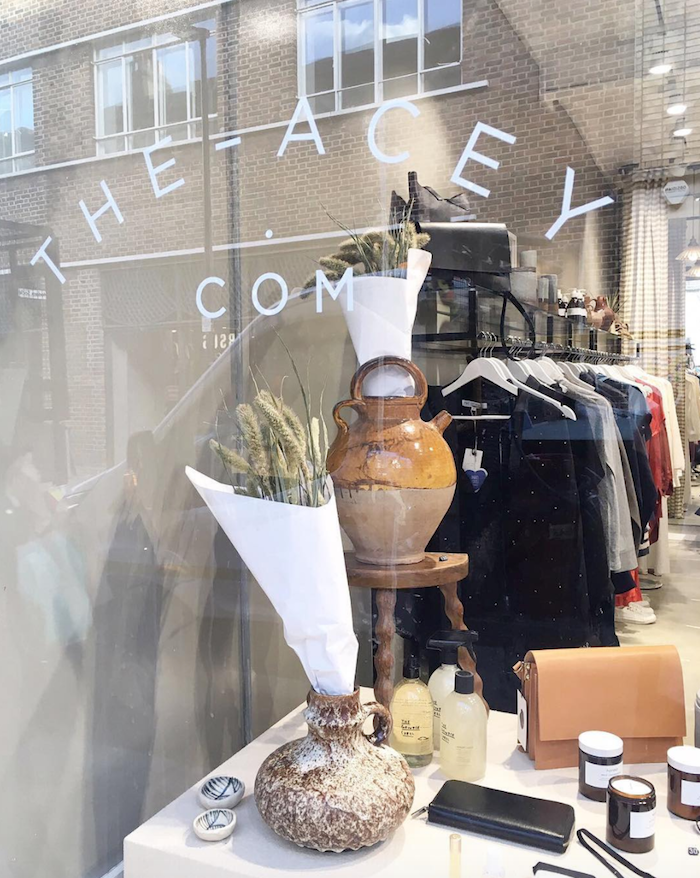Every year, as Christmas rattles around again, we’re faced with the same joy, fun and (eventual) relaxation that the festive period brings before the clean slate of a brand new year. As history and tradition dictate, Christmas is seen as a time of excess; over-eating, over-drinking and over-buying are all difficult themes to avoid at this time of year and we’re actively encouraged to partake in them. Although December brings pleasure in its joyful, excessive nature, it’s easy to forget why we associate Christmas with this much consumption in the first place. And with the pressure on the environment more acute than ever, should we be rethinking the festive season entirely?
When it comes to society, it would be easy to argue that we’ve got a bit lost when it comes to what we really enjoy about Christmas. Is it the full-to-the-brim stockings piled high with presents bought on Black Friday discounts, or is it the time spent with family, the home-cooked food, the open fires and the time to unwind? We all know deep down which one we could live without, but in the spirit of December we are encouraged to have them all - and some.
However, here at Glasshouse we’ve been contemplating the idea of a more sustainable Christmas. One that doesn’t compromise on beautiful gifts, delicious food and an over-the-top decorated tree. In fact, we’ve spent some time rallying around some of our favourite figures in conscious clothing, beauty, homeware and retail to offer suggestions on how to achieve exactly that at this time of year, but simply in a way that is less damaging to the environment and more thoughtful to the loved ones around you.
These individuals know a thing or two about how to shop, eat and celebrate in a more sustainable manner at Christmas and by picking their brains for ideas, we too are feeling inspired to consider our Christmas habits more carefully. Whether it’s renting a tree instead of buying one, shopping locally and avoiding shipping or donating to charity, their suggestions are about making small changes and reaping big rewards that don’t just impact us - but the individuals and environment around us. We couldn’t think of anything that embodies the festive spirit more than this. Scroll down to hear from our circle of sustainably-minded friends on how they’re enjoying a more mindful Christmas.

Amy Ward of Bug Clothing, linen easy-wear for women, made in Hackney
“This time of year, it’s quite easy to get carried away and buy people a bunch of things they may not like or need. I think it’s important to get fewer and more special gifts that don’t contribute to mass production and ultimately waste. For instance, buying second hand is a good way to be mindful and considerate of the fact that as humans we massively over produce stuff, plus supporting people who have sourced beautifully made, older items that are built to last. Doing a little bit of research into where we are buying is important, it is easy to not think into things but consider where the money is going, what are you supporting, what’s the footprint of an item. It’s easy to not think of these things.
I won’t be buying anyone gifts from the high street this year. Shopping in small local shops, supporting friends by purchasing gifts from other people with small businesses and actually going to get these items instead of having things shipped/sent. Giving consideration to what I buy so I know it is something that will last and was made with care.”

Agatha Lintott, founder and director or Antibad, an online marketplace for sustainable fashion
“Christmas is known as the time of the year for indulgence, we often buy items we don’t need because of the overwhelming marketing messages on the high street. Because of the huge amount of waste, it is especially important at this time of year to use your purchasing power to support sustainable brands as well as reducing, re-using and recycling wherever possible. Every small action helps the collective, for instance it is estimated that the equivalent of 50,000 trees worth of paper is used each year to wrap presents so there is opportunity to be creative and use old magazines or re-usable fabric instead.
Personally, I find clothes swap nights a great way to get together with friends and find new treasures for free, you may even find something to re-gift at Christmas! However if you do want ’new’, Christmas is a great time of year to put together a sustainable gift wish list, by finding a sustainable or second hand alternatives for items in your wardrobe that need replacing you can slowly make the change to a sustainable wardrobe. Every year six million Christmas trees are bought and then thrown away, and as artificial trees are also definitely a no-go, the alternative more eco way to decorate your home is to rent your tree - these companies will deliver & collect, and when the tree is too large to rent it will get re-planted. And finally, I’ll be going for a vegetarian Christmas, the recipe I’ll be trying is from a friend Anna Barnett, there are plenty others but this looks like the best alternative for a first timer!”
Richard Austin, co-founder of organic beauty brand Austin Austin and creator of Kingfisher Toothpaste
“It’s a strange situation that we find ourselves in whereby our culture consumes a lot more of just about everything over the Christmas period. At the same time, we are at a moment when our environment is seriously challenged by consumerism. If we can find a way to celebrate and exchange gifts in a way that is sensitive to these global problems then at least we won’t be doing too much more damage and at best we’ll be engaging with ways of reducing waste and reducing harm to nature. Christmas is a lot of fun and fun is a broader idea than just buying things.
I’m trying to be as careful as I can with what I buy as gifts and what I buy to eat. I’m getting more Organic, more Fairtrade and keeping away from companies that don’t treat their suppliers or employees well. Also these days I like to buy presents that are experiences rather than objects.”

Hana Bauman-Lyons, founder of Eesome; an online second-hand store specialising in conscious homeware
“Christmas is the time of year that wasteful consumerism goes into overdrive, but we can choose to use the festive season to create positive change. Buying from a sustainable business, one that is doing its best to have a positive impact on the world and reduce demand on it’s natural resources, can help support them through the quieter months. Shopping sustainably is about being conscious of where your money is going and the lasting effect it can have. We know that the gift-buying tradition is not going to change overnight, but we can start to be more thoughtful and less wasteful in the decisions we make and the things we buy.
It is amazing the people you can meet and the stories you can learn by shopping from small independent businesses and makers. These interactions are nourishing for all involved and give a real opportunity to connect and learn from one another. More mindful decisions will always lead to a more fulfilling outcome.
When it comes to my family, Christmas is always about minimal gift giving with maximum impact, one thoughtful gift goes so far. Mine are always handmade or found from sourcing trips.”
Olivia Crighton, founder and director of Glasshouse Salon
“When it comes to Christmas, I enjoy opening presents as much as the next person - however I do get that feeling of ‘Christmas guilt’ afterwards when I realise a lot of things might just end up on the shelf gathering dust. Having my daughter has made me think differently about present-giving at this time of year. When you have a child, people gift you lots of things without you having much say in it and it would be impossible to make good use out of all of them. So I’m learning more and more that if we want to minimise waste, we should be asking for things we know we actually need.
I’m also a bit of a hoarder and this year I’ve been trying to live a Marie Kondo lifestyle! Less clutter and more emphasis on the stuff that ‘sparks joy in your heart’, as she says. Pointless presents don’t really have a part to play in this ethos and they definitely don’t have a part to play in caring for the environment. I also love to gift people with experiences, rather than physical presents - memories are far more valuable and long-lasting than anything else you’ll find under the tree.”

Holly Allenby, founder of sustainable online store The Acey and their winter pop-up on Redchurch Street
“This year, I’m using my purchasing power to support local shops I believe in and that align with my ethics and aesthetics. Everyone on my list will be getting thoughtful gifts in more ways than one.
At a time linked to excessive consumption I think it’s important to purchase products with a purpose. We have had so many people come into our pop up and online store saying they are only buying ethical products this year, in an effort to introduce their family and friends to more mindful products - which I think is so important as it makes you look at all your things in a different way. As a consumer I’m huge on using my purchasing power wisely, I want to support and see more shops approaching sustainability and the only way this is going to happen is by consumers creating demand. This is the only way change will happen for people and the planet.”
Merryn Leslie, founder of 69b Boutique, East London’s original ethical fashion store
“This year in my household, we are not buying a disposable tree, instead we are donating money to the charity Shelter. We will decorate using vintage fairy lights and ornaments, and hand made paper chains. I always re-use images from old Christmas cards as present tags. All food and wine will be organic, fair-trade, and where possible locally sourced. Try and buy Made in Britain this season. As Brexit looms UK businesses need all the help they can get. I try and buy from independent brands and stores all the time - it feels so much better than buying from the big guys.
Generally speaking, it’s important to engage with sustainable product all year around. But for Christmas, I bet friends and family would appreciate knowing their gifts had a positive impact as opposed to something that harms the environment or the people who made it. In my experience, people really respond to sustainable product, they get so much more enjoyment from it. Psychologically and emotionally speaking, less is more, and quality pays back. We all benefit from not having too much - over-consuming does not make us feel great in the long-run, if we are completely honest with ourselves.”

Visit our online shop to browse our collection of natural, organic and sustainable gifts for Christmas.
Cover image: Julia Dandebo




